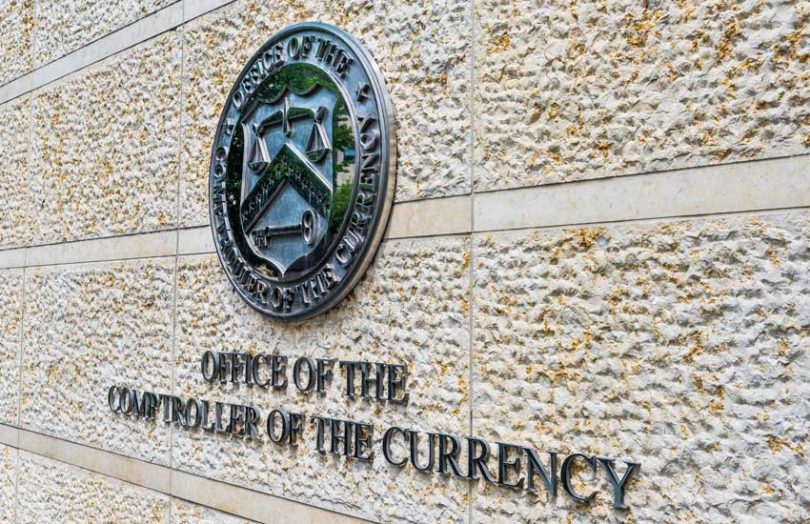On Friday, Michael Hsu, Acting Comptroller of the Currency, gave a speech on tokenization and AI. As one of the major U.S. banking regulators, the OCC gets to say which bank tokenization projects get the green light.
While our sources told us that JP Morgan recently received OCC’s clearance to use the cross border blockchain payment network Partior, others have not been so lucky. The USDF Consortium of regional banks has yet to get the go ahead for its interbank payments network and has adapted its approach to using a permissioned network.
During his speech, Hsu was scathing about permissionless public networks, trustlessness and “ponzi-prone tokenomics”. He said the most benefit currently may be using trusted permissioned blockchains to settle tokenized real-world assets.
Today stock settlement involves a several steps and intermediaries to achieve final settlement two days later. “With tokenization, the instruction, transaction and settlement can theoretically be collapsed into a single step, removing those frictions,” said Hsu.
So what were the takeaways for bank payment token initiatives? Firstly, the OCC prefers (or requires) banks to use a permissioned blockchain. Don’t over egg decentralization, and make sure the legal rights are clear and sold. That’s particularly the relationship or coupling between changes to the token and the underlying asset or liability. What happens in the case of bankruptcy, and how can the tokenization be reversed?
That said, one senses Hsu would rather see no DLT at all.
“Today, trusted blockchains are better positioned than public blockchains to facilitate that growth at scale,” said Hsu. But he added, “future innovations may reveal that non-bolockchain-based systems may prove even better suited to the task.”
Crypto skeptic Hsu took over from Brian Brooks, who previously led the legal side of crypto exchange Coinbase. Brooks subsequently joined multiple crypto firms, including a brief stint at Binance.US and has provided testimony to support the SEC’s litigation against the crypto ecxchange. Hsu put the breaks on Brooks’ rule relaxations.






